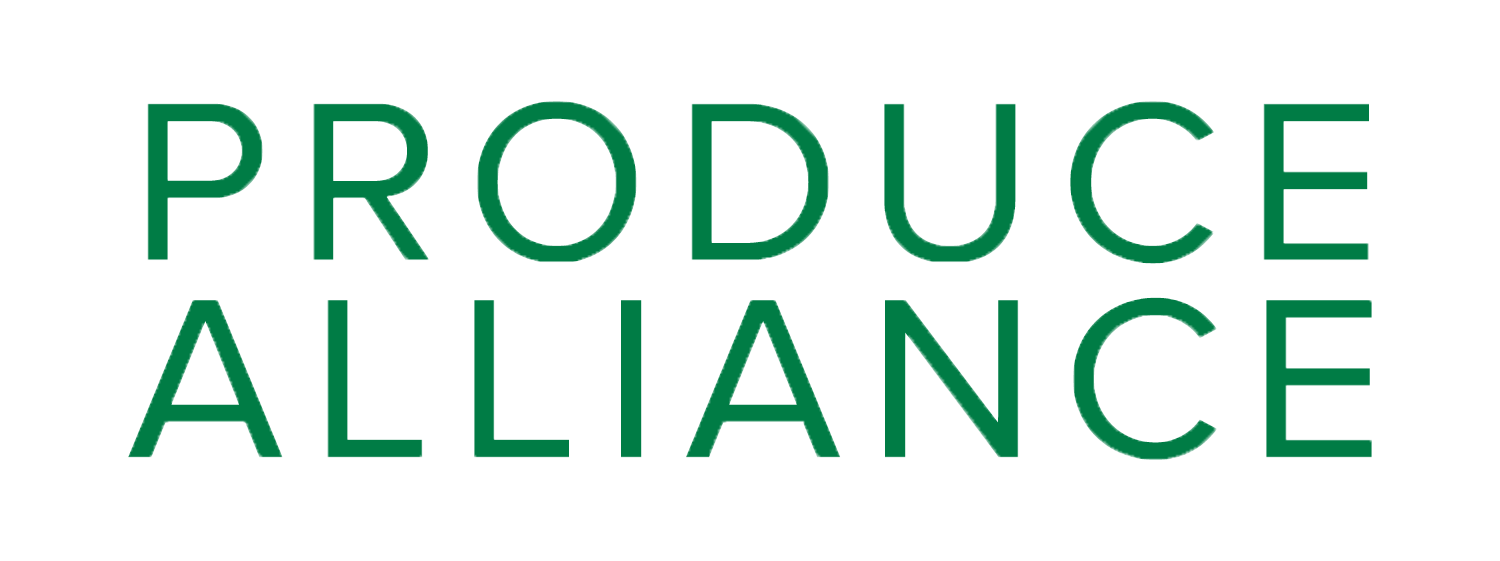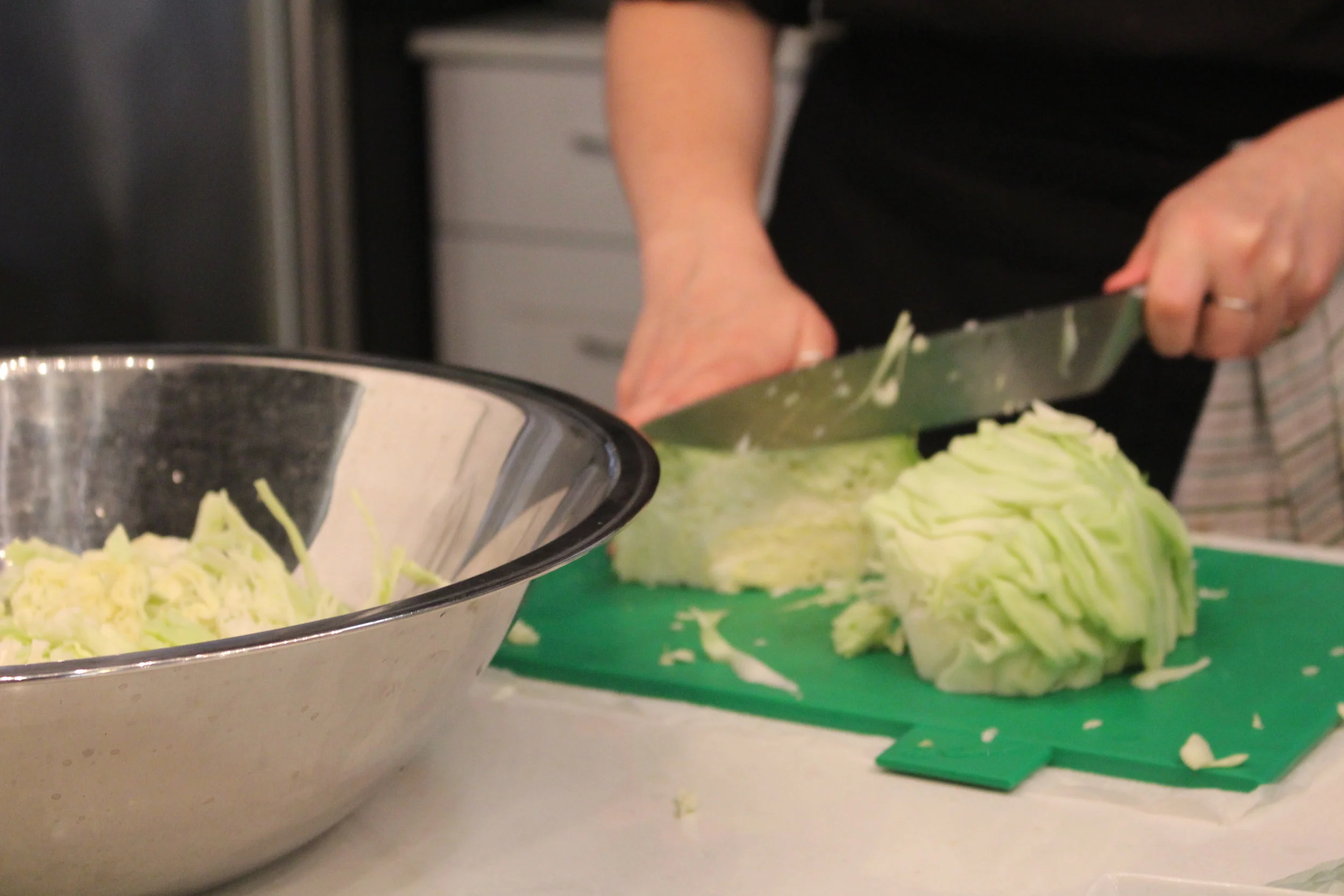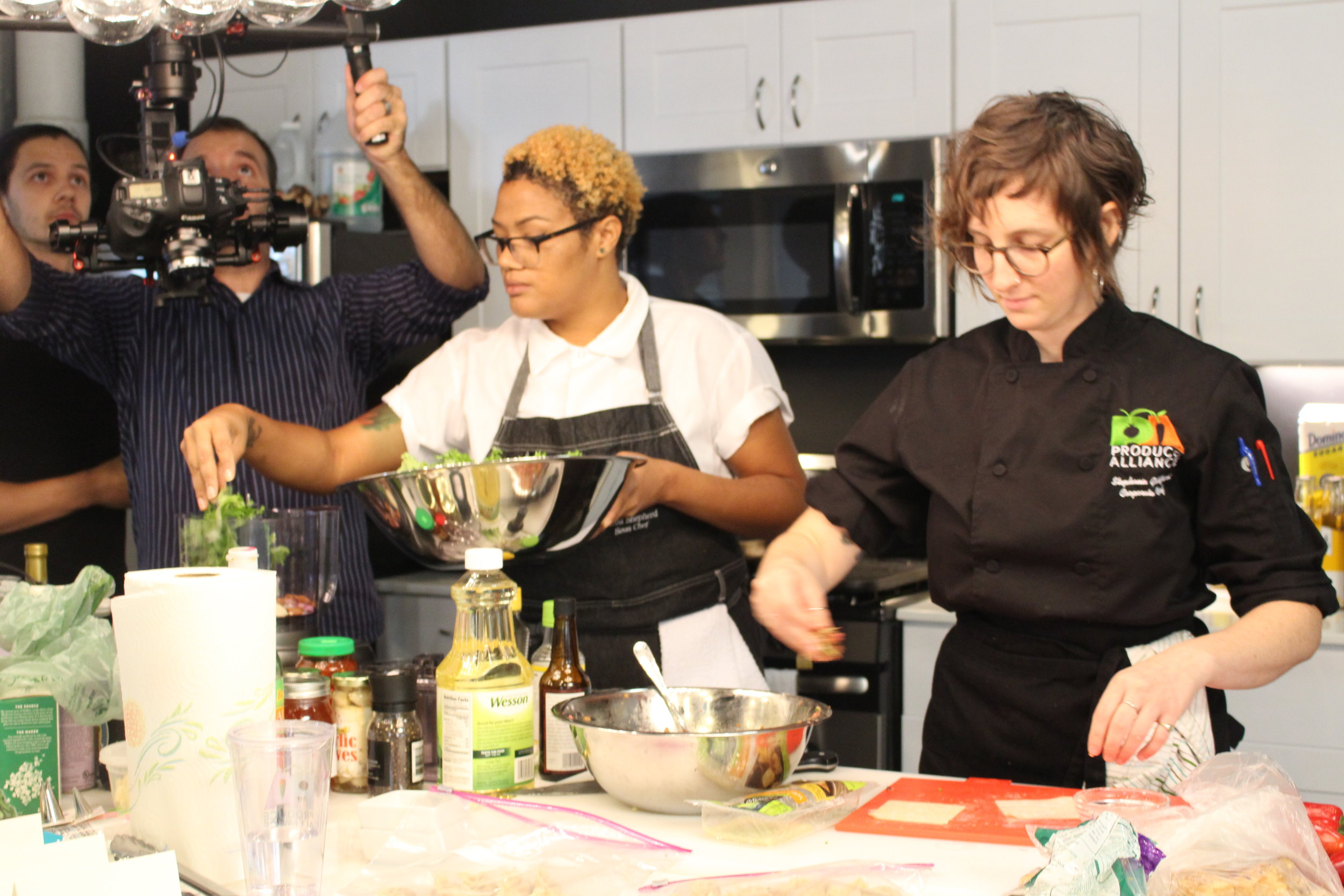September 21, 2016
Willie Itule Produce, Inc., a local family-owned and operated wholesale produce distributor, moved from the location it has known in Downtown Phoenix since 1979 for a bigger, better industrial space to facilitate its continued growth.
The company’s original location on Jackson Street is situated in the heart of the historic Warehouse District. Once the hotspot for industrial developments in the Valley, the area is now experiencing a high amount of adaptive reuse activity in which older, functionally obsolete industrial buildings are being repurposed into trendy offices for companies like WebPT and Gould Evans. Thus, growing businesses like Willie Itule Produce must find new facilities that meet evolving state-of-the-art standards for industrial developments, with greater ceiling clear heights, more square footage and optimized technology features for improved operating efficiency.
“We had been in Downtown Phoenix on Jackson Street for roughly 36 years,” says Willie Itule, the company’s CEO. “Over the course of those years, we grew from one truck and one warehouse operation to almost 40 trucks and six warehouses.”
In the early 2000’s, the couple seized the opportunity to purchase warehouses once owned by Willie’s father (also named Willie Itule) from 1962 until his retirement in 1972. However, geographic constriction, growing technological demands and changing food service regulations spurred the company’s move in August to a new location at 301 N. 45th Avenue near 43rd Avenue and Van Buren Street.
Aerial photo of Willie Itule Produce’s new warehouse on 301 N. 45th Avenue in Phoenix. (Photo courtesy of Google Maps)
Willie and Lynn felt Downtown Phoenix was becoming too congested, especially for the business’s truck drivers. The new location is still centrally located and provides drivers with easier access to the warehouse, which is right off of Interstate 10.
When the business first moved to the new facility, Willie says it was “basically four walls.” Since then, all of the lights have been changed to LED and solar panels are being added to the roof.
Willie Itule Produce’s original location on 926 E. Jackson Street in Downtown Phoenix’s historical Warehouse District. (Courtesy of Willie Itule Produce)
The new location also provides more space: the warehouse consists of 79,000 square feet including 36,000 square feet of rackable refrigeration (effectively doubling it to approximately 60,000 square feet), 28-foot clear ceiling heights and a continuous cold chain that keeps all produce coming into and going out of the facility at 36-degrees Fahrenheit. In comparison, the business’s previous facilities (six warehouses in total) consisted of 55,000 square feet of warehouse space with 21,000 square feet for refrigeration.
Willie says technology was another major factor contributing to the decision to relocate. “Fiber optics for the building is something that we determined we needed for the future growth, and that was a big part of the decision also to relocate,” he explains. For businesses that are trying to expand and keep up with the latest standards like Willie Itule Produce, more efficient technology better suited for modern operations is vital and in growing demand.
Other factors include trends in the food service industry such as more stringent health regulations outlined in the U. S. Food and Drug Administration’s Food Code, which is a model that assists food control jurisdictions at all levels of government by providing them with a scientifically sound technical and legal basis for regulating the retail and food service segment of the industry.
Melissa Melshenker Ackerman, executive vice president of sales at Produce Alliance, a produce management company, says Willie Itule Produce, Inc. is one of the businesses that has been excelling at meeting food safety standards.
“Produce Alliance three years ago challenged our distributors to all be certified under the GFSI scheme,” Melshenker says. “Everyone was working toward [meeting these changes], and Willie Itule took the ultimate measure by moving into a new facility.”
GFSI, or the Global Food Safety Initiative, is an international measure to improve food safety management systems via collaboration between leading experts in the foodservice industry.
Melshenker stated that Produce Alliance chooses its partners based on who are the best businesses in a region at being ahead of the curve in terms of food safety, and added that Willie Itule Produce was one of the best not only for its ability to stay ahead of the curve, but also for its history as a family-focused business.
“Change is good,” Willie says, “and we always want to keep moving forward and getting better. We have three children, adults now, that are in the business. And we wanted to have the opportunity for future growth for them. That’s one of the reasons we looked at this. No matter what, hard work usually equals success.”







![Packer logo 4C 7-05 [Converted].jpg](https://images.squarespace-cdn.com/content/v1/559834a3e4b014bac5e45f97/1479319187607-Y0498F8VGE9HO2XTRYLF/Packer+logo+4C+7-05+%5BConverted%5D.jpg)




















